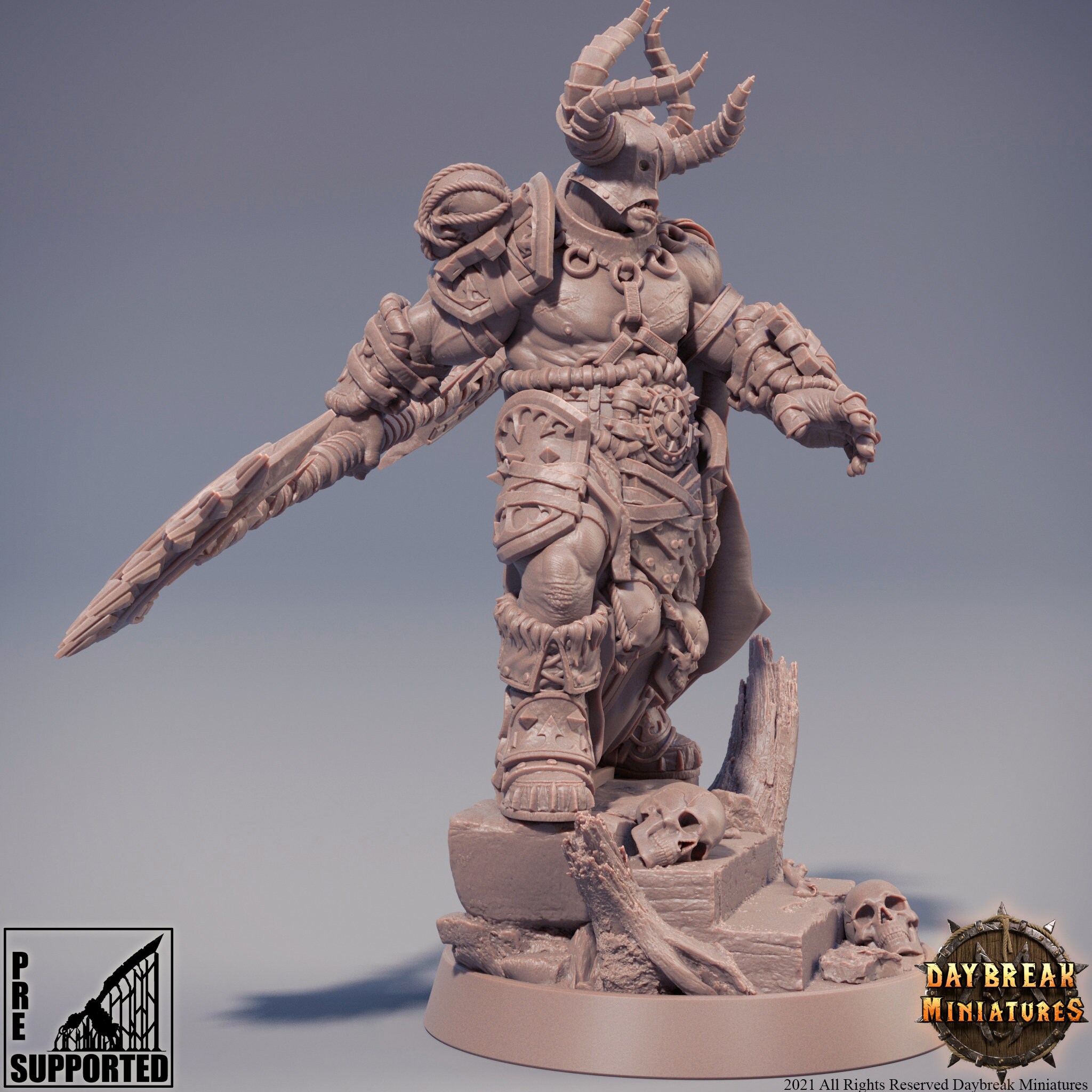
 "By justice, a king gives stability to the land, but one who makes heavy extractions ruins it." Proverbs 29:4. A ruler who lacks understanding is a cruel oppressor, but one who hates unjust gain will enjoy a long life." Proverbs 28:15–16 "Like a roaring lion or a charging bear is a wicked ruler over a poor people. Biblical quotations do not use the word tyrant, but express opinions very similar to those of the Greek philosophers, citing the wickedness, cruelty, and injustice of rulers. Old words are defined by their historical usage. Polybius (~150 B.C.) indicated that eventually, any one-man rule (monarchy/executive) governing form would become corrupted into a tyranny. The Greeks defined both usurpers and those inheriting rule from usurpers as tyrants. Oppression, injustice, and cruelty do not have standardized measurements or thresholds. The term is usually applied to vicious autocrats who rule their subjects by brutal methods. "The word 'tyranny' is used with many meanings, not only by the Greeks but throughout the tradition of the great books." The Oxford English Dictionary offers alternative definitions: a ruler, an illegitimate ruler (a usurper), an absolute ruler (despot), or an oppressive, unjust, or cruel ruler. The final -t arises in Old French by association with the present participles in -ant. The word derives from Latin tyrannus, meaning "illegitimate ruler", and this in turn from the Greek τύραννος tyrannos "monarch, ruler of a polis" tyrannos in its turn has a Pre-Greek origin, perhaps from Lydian. The English noun tyrant appears in Middle English use, via Old French, from the 1290s. 7 Methods of obtaining and retaining power. to government by a majority (in a democracy, tyranny of the majority).
"By justice, a king gives stability to the land, but one who makes heavy extractions ruins it." Proverbs 29:4. A ruler who lacks understanding is a cruel oppressor, but one who hates unjust gain will enjoy a long life." Proverbs 28:15–16 "Like a roaring lion or a charging bear is a wicked ruler over a poor people. Biblical quotations do not use the word tyrant, but express opinions very similar to those of the Greek philosophers, citing the wickedness, cruelty, and injustice of rulers. Old words are defined by their historical usage. Polybius (~150 B.C.) indicated that eventually, any one-man rule (monarchy/executive) governing form would become corrupted into a tyranny. The Greeks defined both usurpers and those inheriting rule from usurpers as tyrants. Oppression, injustice, and cruelty do not have standardized measurements or thresholds. The term is usually applied to vicious autocrats who rule their subjects by brutal methods. "The word 'tyranny' is used with many meanings, not only by the Greeks but throughout the tradition of the great books." The Oxford English Dictionary offers alternative definitions: a ruler, an illegitimate ruler (a usurper), an absolute ruler (despot), or an oppressive, unjust, or cruel ruler. The final -t arises in Old French by association with the present participles in -ant. The word derives from Latin tyrannus, meaning "illegitimate ruler", and this in turn from the Greek τύραννος tyrannos "monarch, ruler of a polis" tyrannos in its turn has a Pre-Greek origin, perhaps from Lydian. The English noun tyrant appears in Middle English use, via Old French, from the 1290s. 7 Methods of obtaining and retaining power. to government by a majority (in a democracy, tyranny of the majority).  to government by a minority (in an oligarchy, tyranny of the minority). to government by one individual (in an autocracy). One can apply accusations of tyranny to a variety of types of government: In the late fifth and fourth centuries BC, a new kind of tyrant, one who had the support of the military, arose – specifically in Sicily. The Encyclopédie defined the term as a usurper of sovereign power who makes "his subjects the victims of his passions and unjust desires, which he substitutes for laws". The philosophers Plato and Aristotle defined a tyrant as a person who rules without law, using extreme and cruel methods against both his own people and others. However, Greek philosopher Plato saw tyrannos as a negative word, and on account of the decisive influence of philosophy on politics, its negative connotations only increased, continuing into the Hellenistic period. The original Greek term meant an absolute sovereign who came to power without constitutional right, yet the word had a neutral connotation during the Archaic and early Classical periods.
to government by a minority (in an oligarchy, tyranny of the minority). to government by one individual (in an autocracy). One can apply accusations of tyranny to a variety of types of government: In the late fifth and fourth centuries BC, a new kind of tyrant, one who had the support of the military, arose – specifically in Sicily. The Encyclopédie defined the term as a usurper of sovereign power who makes "his subjects the victims of his passions and unjust desires, which he substitutes for laws". The philosophers Plato and Aristotle defined a tyrant as a person who rules without law, using extreme and cruel methods against both his own people and others. However, Greek philosopher Plato saw tyrannos as a negative word, and on account of the decisive influence of philosophy on politics, its negative connotations only increased, continuing into the Hellenistic period. The original Greek term meant an absolute sovereign who came to power without constitutional right, yet the word had a neutral connotation during the Archaic and early Classical periods. 
Often portrayed as cruel, tyrants may defend their positions by resorting to repressive means. A tyrant (from Ancient Greek τύραννος ( túrannos) 'absolute ruler'), in the modern English usage of the word, is an absolute ruler who is unrestrained by law, or one who has usurped a legitimate ruler's sovereignty.







 0 kommentar(er)
0 kommentar(er)
